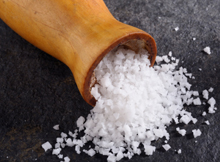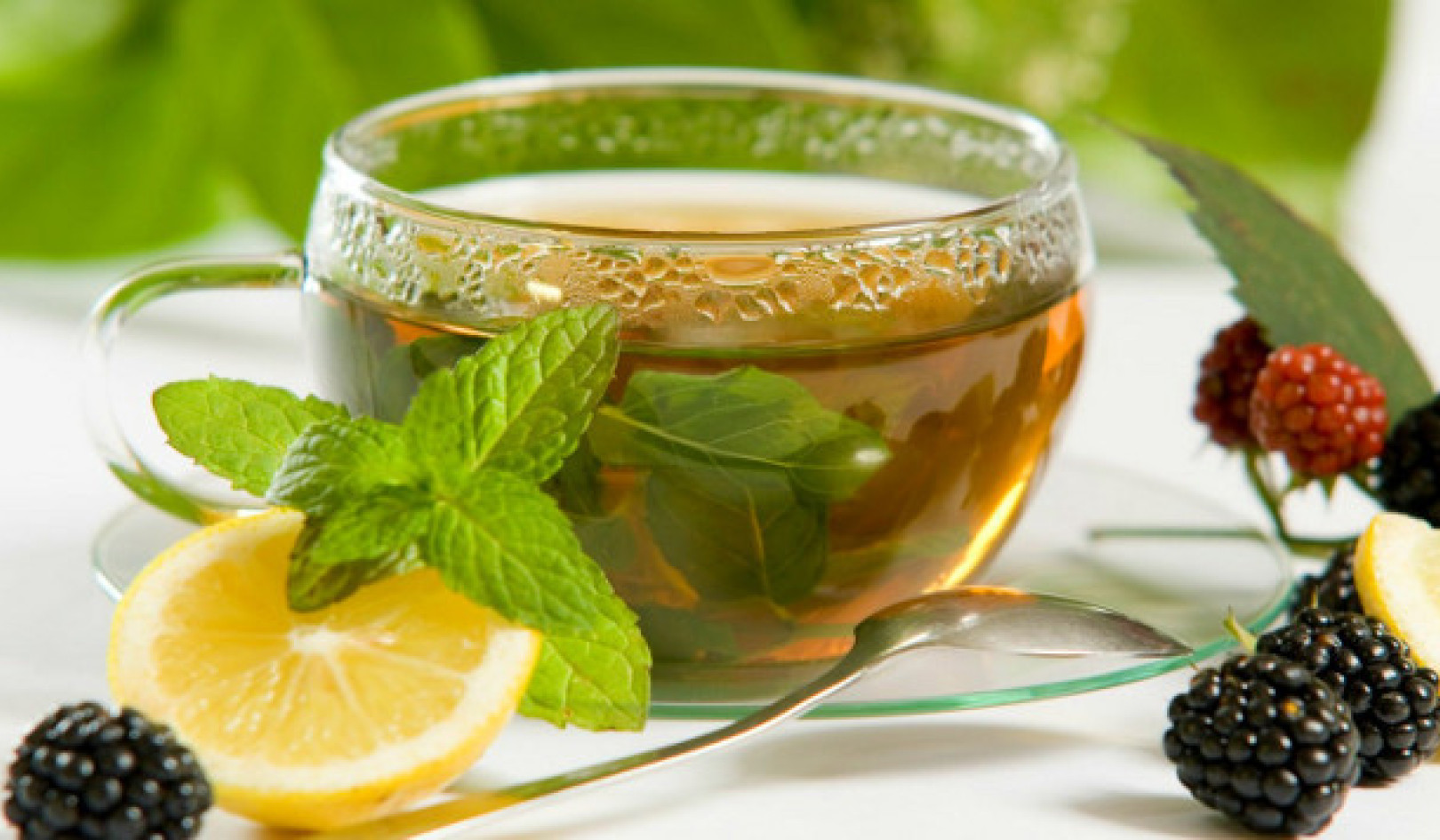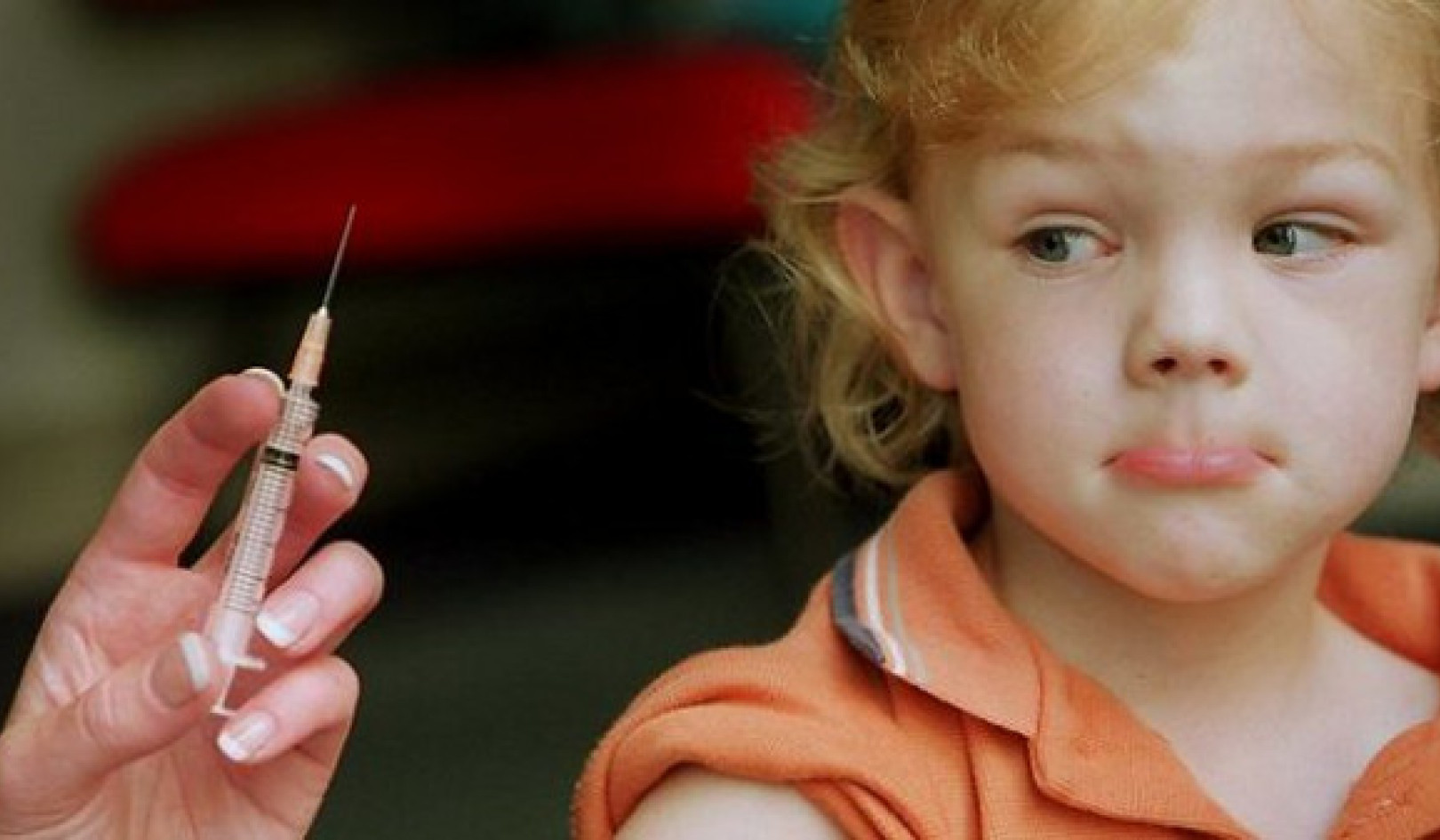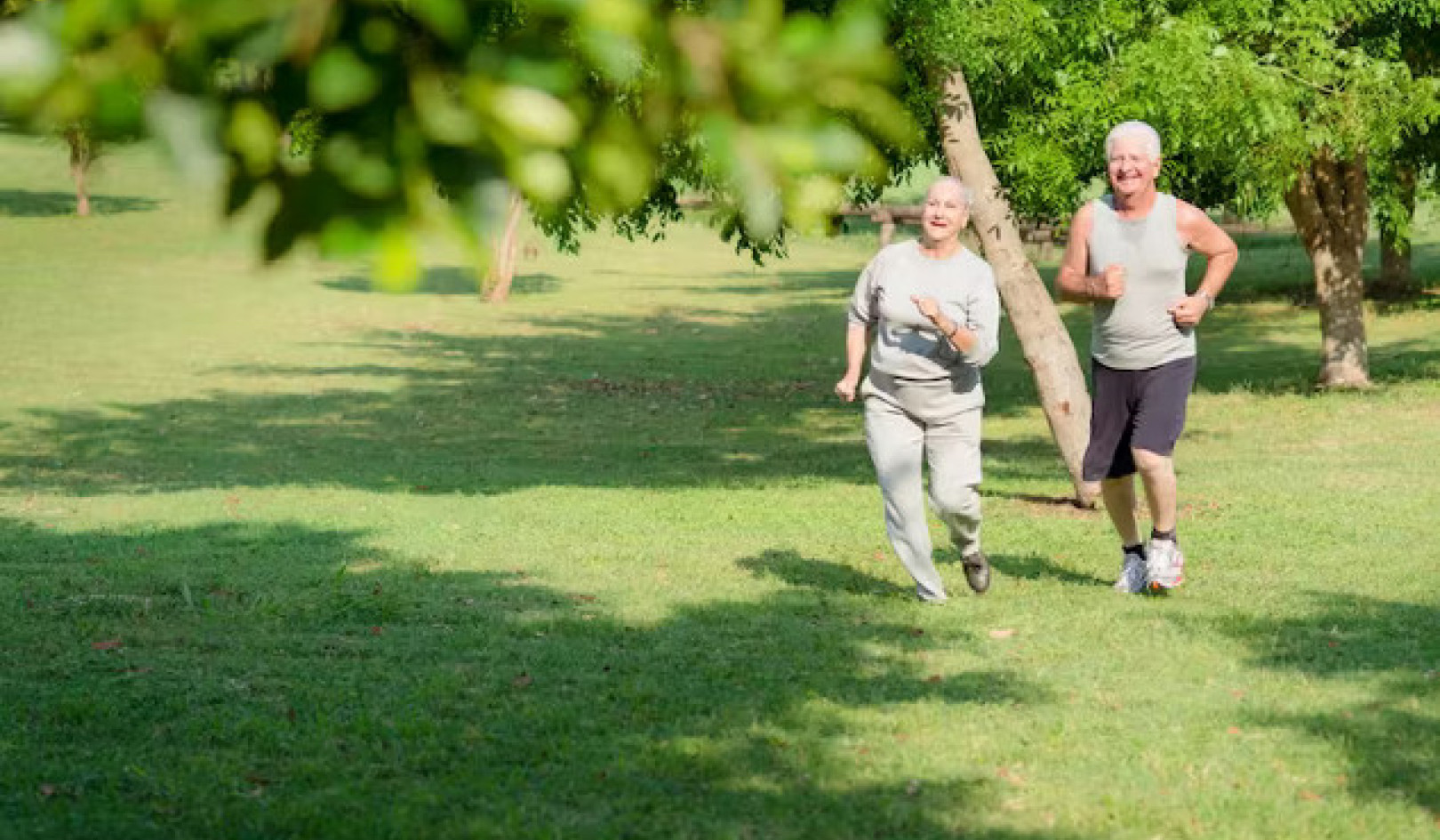
Researchers gained new insight into how an immune cell involved in several autoimmune disorders is regulated. Among their findings was a potential link with salt consumption.
Autoimmune diseases arise when the immune system, which normally protects the body from invading microbes, mistakenly attacks the body’s own tissues. These diseases include type 1 diabetes, inflammatory bowel diseases and multiple sclerosis. Researchers have found many genetic variants that affect the risk of developing autoimmune diseases. However, a number of environmental factors, including viral infections, smoking and low vitamin D levels, are known to trigger such diseases in susceptible people.
Immune cells called T helper 17 (Th17) cells help us fight infection, but they’ve also been linked with several autoimmune disorders. Th17 cells, along with other types of helper T cells, arise from naive T cells. Researchers had identified specific factors that induce the development of Th17 cells, but the downstream factors that guide and control the cells’ development were largely unknown.
Several research groups—at Yale University, the Broad Institute, Harvard University, MIT, Brigham and Women's Hospital, and others—have been exploring the development of Th17 cells. eir work has been funded by several NIH components, including the National Institute of Allergy and Infectious Diseases (NIAID), National Institute of Neurological Disorders and Stroke (NINDS) and National Human Genome Research Institute (NHGRI). on March 6, 2013.
Get The Latest By Email
A team led by Dr. Aviv Regev studied genes expressed at different time points during Th17 cell development. Computer modeling helped to identify 3 major waves of gene expression over time. They detected almost 1,300 genes involved in over 10,000 interactions, with 71 regulators. Using silicon nanowires to deliver short interfering RNA (siRNA) into naive T cells, the researchers were able to interfere with the expression of specific genes to further validate the internal network used to build Th17 cells. They validated 39 of the regulatory factors with this new technique.
Using information from the network analysis, a related team led by Dr. Vijay K. Kuchroo studied gene expression in developing Th17 cells after activation of a receptor that involves the cells in autoimmunity. They identified a key protein in the cell’s development called serum glucocorticoid kinase 1 (SGK1). To test its role in autoimmune disease, they examined a mouse disease that resembles human multiple sclerosis. Mice lacking SGK1 had less severe symptoms and significantly reduced rates of the disease, known as experimental autoimmune encephalomyelitis (EAE).
SGK1 is known to regulate sodium intake in other cells, raising the possibility that sodium may affect Th17 cell development. In a high-salt solution, naive T cells expressed the gene for SGK1 at increased levels, along with other genes associated with Th17 development. Mice fed a high-salt diet showed a marked increase in Th17 cells after 3 weeks. Mice on a high-salt diet also had more severe EAE than those fed a normal diet. Mice lacking SGK1, in contrast, didn’t show similar increases when fed a high-salt diet.
In the third study, a group led by Dr. David Hafler discovered that increased salt concentrations boosted the development of both mouse and human naive T cells into Th17 cells. This led them to explore the molecular pathways involved in Th17 cell development. They also found that mice fed a high-salt diet developed a more severe form of EAE.
The incidence of certain autoimmune diseases in our society, including multiple sclerosis and type 1 diabetes, has been rising over recent decades. This research suggests that one factor may be that we now eat more processed foods with high levels of salt.
It's premature to say, ‘You shouldn't eat salt because you'll get an autoimmune disease. Regev says. We're putting forth an interesting hypothesis—a connection between salt and autoimmunity—that now must be tested through careful epidemiological studies in humans.
Once we have a more nuanced understanding of the development of the pathogenic Th17 cells, we may be able to pursue ways to regulate them or their function,” Kuchroo adds.
Hafler’s group has begun preliminary studies to determine whether restricting salt intake can influence autoimmune disease in people. Hafler says, “I have already begun to suggest to my patients with multiple sclerosis that it may not be bad to restrict their dietary salt intake.


















